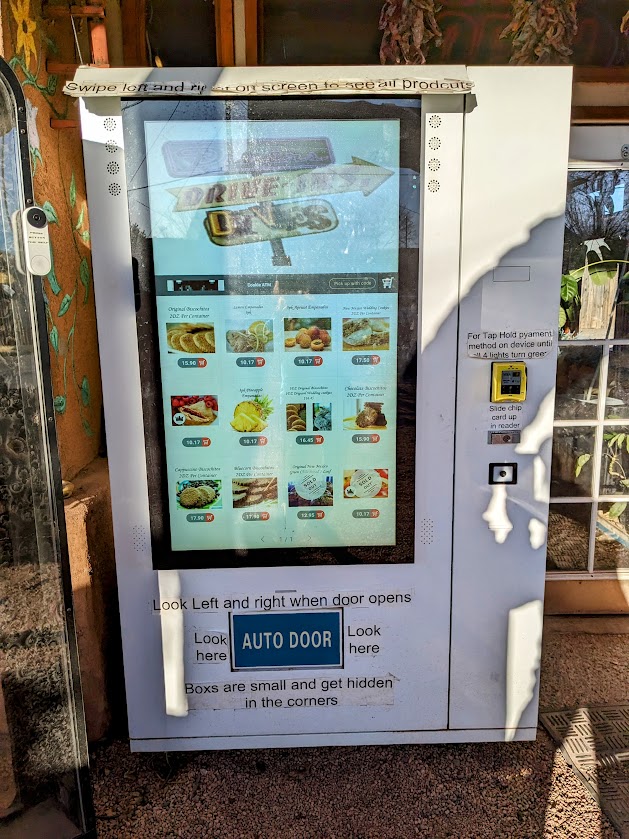What’s this? Two book reviews in a row? What’s Wing’s World morphing into now?
Don’t worry. This post is entirely situational. As in, given the SITUATION I was in, last post, of having read a book as godawfully depressing as it was brilliant, the moroseness of which is now a distant memory due to the book that fell into my hands just after I wrote that post.
A HEARTWARMING book. A laugh-and-cry, go-ahead-and-recommend-this-book-to-everyone book (but especially to sisters, Minnesotans, and lovers of pie and beer–that is to say, Minnesotans).
And more importantly (to me): a book which is all those things AND excellently written.
I’m talking about The Lager Queen of Minnesota, by J. Ryan Stradal.
I was mentally bookmarking all kinds of passages even before I knew I wanted to blog about this book. Right off the bat, I was impressed with the intuitiveness of Stradal’s similes:
She looked at money like how a motorcycle driver looks at asphalt. The more of it you see, the farther you can go, but a single mistake with it can finish you. (p. 17)
…he didn’t crumple in the grass like someone wrestling with death, he lay still like someone waiting to be kissed. (p. 82)
Together they could pass the time like a couple of empty boats tied to a fenced-off pier, and it was beautiful. (p. 91)
The LOL parts were really too frequent to capture, but here’s one of my faves:
He glanced at her and pursed his lips. “On second thought, I don’t know. You white Minnesotans sure like things bland. I like the ramen there the way it is now. You start eating there, it’s gonna mess things up.”
“That’s probably true,” Diana said. “But I like spicy things.“
He seemed mildly impressed. “Oh yeah? What’s your favorite spice?
“Butter,” she said. (p. 205)
Hahahahaha. Here’s another gem, featuring one of the protagonists, pregnant:
“I’ll like it when it’s over,” ___ said, watching their pizza arrive, suddenly wanting it all for herself.
Their waitress, who was younger than them, and had the careless vibe of someone merely working for extra spending money, somehow couldn’t help herself. “You’re not supposed to say that,” she said. “Pregnancy is a miracle.”
“This pizza’s a miracle,” ___ said. “Pregnancy can suck it.” (p. 242)
Stradal’s ease with implicit metaphors is even more impressive in its lack of impressiveness. I mean, he throws stuff out there which simply sounds NATURAL:
She dog-paddled through the rest of the day. (p. 185)
Before she could pour a glass of her own beer, or even order a bag of malt, there was a long, shallow puddle of bureaucracy she had to wade through. (p. 240)
But what gets me the most about this author is the fact that he’s a man writing in the perspective of women–three different main characters, all female–and he doesn’t eff it up. Scenes having to do with sex or childbirth he doesn’t dwell on, as if paying tribute to his own lack of understanding, but in other scenes, having to do with the psyche of women in a man’s trade? He NAILS it. Here, he describes the effect on the least sympathetic of the main characters, rendering her…sympathetic.
The men at or near her level across the industry were often exhausting. Very early she’d been spiritually and emotionally corroded by the roomfuls of them at various industry gatherings, men who talked over her, explained to her, asked her to fetch them lunch or coffee, planted and reaped her self-doubt. In the underpopulated women’s restrooms at brewers’ conventions, she’d sometimes hear of industry women experiencing far worse, but ___ quit attending these caustic functions before she personally experienced anything horrifying. (p. 335)
Even closer to the emotional bones:
The car accident that killed ___’s parents last June revealed a lot to her, especially the fact that every adult and almost every other person her age didn’t understand her, no matter what they’d been through. As a new kid in a new town, living with her kind but exhausted grandma ___, she had to set herself to a frequency that no one could tune in, just to make every day tolerable. (p. 90)
Or simply:
He laughed again… “Need anything from the kitchen?”
“No,” she said. “I have everything I need.”
As her husband vanished upstairs, she lay on the couch, took a deep breath, and almost believed it. (p. 155)
Without giving anything away, I can divulge that the book’s main plot derives from a lifelong rift between two sisters. I’m not saying anything about the ending. But these two characterizations, one for each sister, epitomize the author’s deftness with character. When you read the book for yourself, they will speak even louder:
She halted in the doorway between those rooms, her blood full of sparks. (p. 347)
…and:
She was as calm as a small town on Christmas morning. (p. 348)
Is it true that I’ve just written a book review consisting almost entirely of quotes? And with one single lousy picture? Yes. Yes, it is. Because sometimes the words are enough.
So thank you, Mr. J. Ryan Stradal, for renewing my faith in good, positive-energy lit. And for the rest of y’all: What other novels would you put in this category? Got any more hidden gems for me?































































